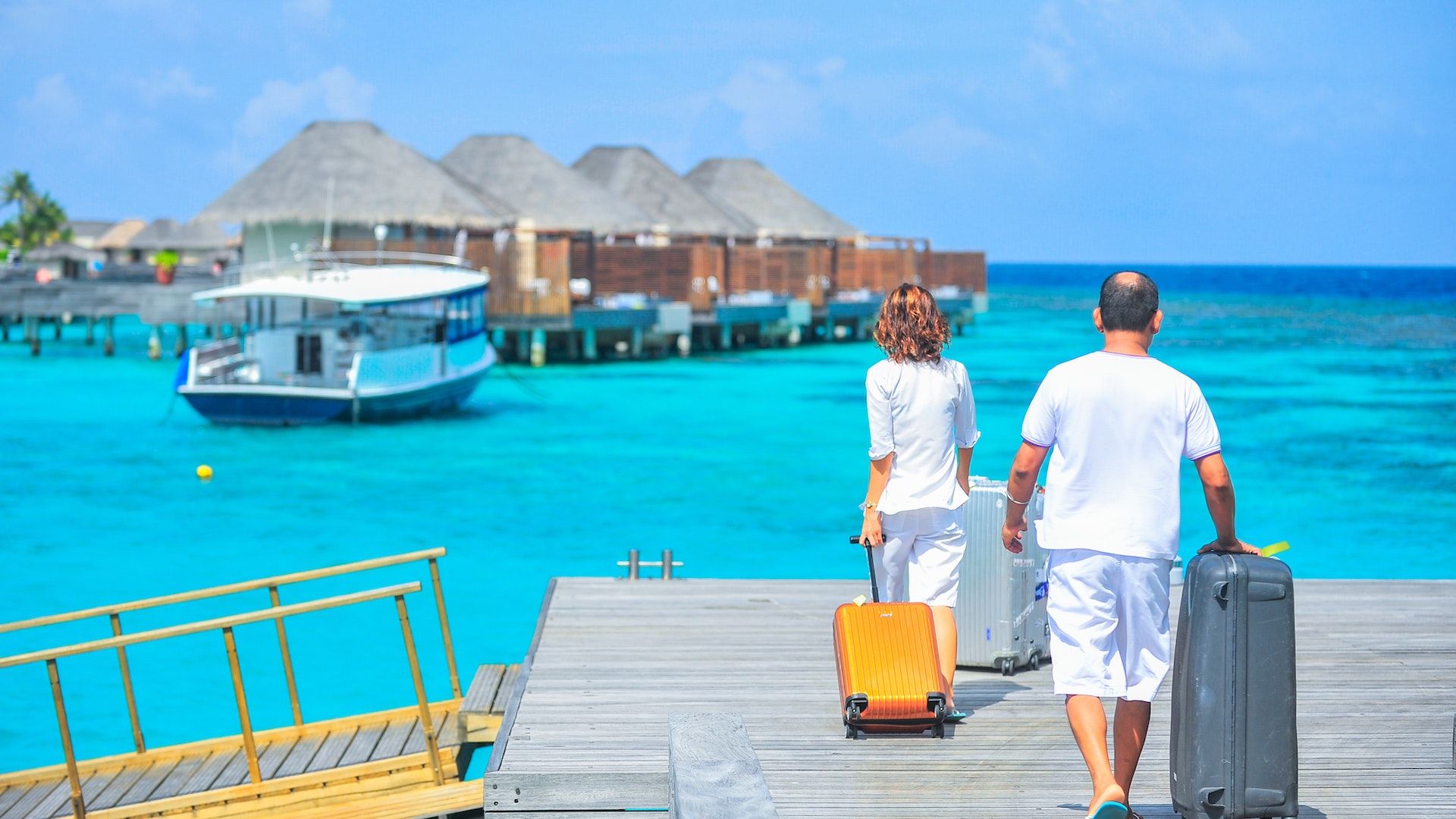In the hotel industry, the concept of a digitalized guest experience is somewhat controversial in the luxury sector.
NB: This is an article from Roomdex, one of our Expert Partners
When encountering the idea that a guest would be notified via their phone of an offer to upgrade their room, the luxury hotelier’s response is often that digital engagement erodes their brand of interpersonal service.
Subscribe to our weekly newsletter and stay up to date
But with technology playing an ever-increasing role in our lives, it is high time to dispel the myth that digital interaction with guests is somehow at odds with luxury hotel experience.
If you think your guests are too luxurious for digital – think again.
While it is true that hotels are “brick and mortar” businesses, since the advent of the Internet, smart phones, OTAs and booking engines, many components of the business have moved online. Yet many luxury hotel GMs believe that ‘digital’ is contrary to the brand image of their premium product in the mind of their affluent customers.
But, this is simply not the case.
Let’s start with the observable reality. Nowadays, everyone has a phone in their pocket and it’s how we all communicate, record, entertain ourselves, research, and purchase things. We have come to expect personalization and control from the brands we love with a minimum level of personal interaction. The luxury high-end travellers have similar – if not higher – expectations.
Many luxury retail brands already provide a digital experience for their customers who also happen to own the latest and most advanced personal digital devices. According to the consultancy McKinsey, in 2025 a fifth of purchases of luxury goods (that’s $91 billion in monetary terms) will be made online. And already today 80% of these purchases are “digitally influenced,” that is, somehow influenced by content seen online.
As highlighted in an article that appeared on Forbes, “E-commerce has not excluded luxury items but rather offered an opportunity for high-end brands to be at the service of their affluent and busy clients. The e-commerce sites for designer fashion brands, Net-A-Porter, Farfetch, and a host of others have proved that there is a market for luxury services online and that affluent customers don’t mind paying for without the attention they would get at any high-end brick-and-mortar store.” And they expect the same experience with your hotel as they already have with luxury retail.
There are many ways to define luxury in the hotel space. But, can you define a hotel as luxurious without digital technology? “Tastes evolve and change. People’s idea of luxury still includes elements of space, comfort, and quality, but increasingly involves cutting-edge technology.” David Pretty erstwhile Chief Executive of the UK’s Barratt Group.
So, if your hotel’s service level means providing service the guest on their terms, then, increasingly, that means providing service via digital interfaces too. And, yes, that means offering upgrades digitally.
Luxury Hotel Brands Already Believe in Digital
While on the hotel level, GMs may pride themselves on the idea that luxury guests are ‘above’ digital engagement, their parent brands appear to disagree with them. As evidence, we present:
- The Peninsula App
- The Shangri-La App
- The Ritz Carlton App
- The Mandarin Oriental App
- The Wynn Resorts App
- The Six Senses App
- The Belmond App
- The Banyan Tree App
- The Four Seasons App
Clearly, luxury hotel brands certainly subscribe to the notion that they can reach and provide service to luxury guests through smart phones.
“But upselling to the affluent is tacky and off-brand.”
Regardless of the aforementioned evidence that your guests are looking at their phones, there are hoteliers that will still wince at the thought of upselling to a high-end luxury guest.
But let’s clear up some terms. “Upgrades” are the product. “Upselling” implies a price. Hotels need to separate the idea of upselling with the ability to provide upgrade options as soon as they become available, delivered to your soon-to-be guest on the interface of their choice – their phone. Upgrades are really a way of empowering stay customization and brand engagement.
Or more simply put, if you don’t want to charge for upsells, then don’t. That is your prerogative. But you still need to give your guests the luxury of offering an upgrade when it is operationally available. And you still want to give your guests the peace of mind that they can check-in early or stay later. And if you really want happy guests, give them a way to guarantee a high floor, away from the elevator with a great view. And you don’t have to charge them anything if you prefer. That is entirely up to you. But if you still think that all of this should only be done in person , you need to ask yourself, “Exactly on whose terms am I serving? The guest’s? Or mine?”
Here is another secret: guests do not want to ask you for favors. It’s a burden. Service that anticipates needs is great, but you need to be intellectually honest – you are not a mind reader. Technology such as that offered by ROOMDEX can offer availability, immediacy and peace of mind to your guests, delivered through a digital interface. By embracing digital, a hotel will augment the luxury guest experience.
Luxury hotel GMs must adapt to the digital world
Today, luxury travellers want a convenient digital experience, coupled with exceptional personal service. The power to order services or upgrades at their fingertips is the epitome of an elevated experience. And best of all, in a post-pandemic world, where hotel operations are leaner, digital can boost operations and provide maximization of service while decreasing the cost for all the parts involved in the process.





